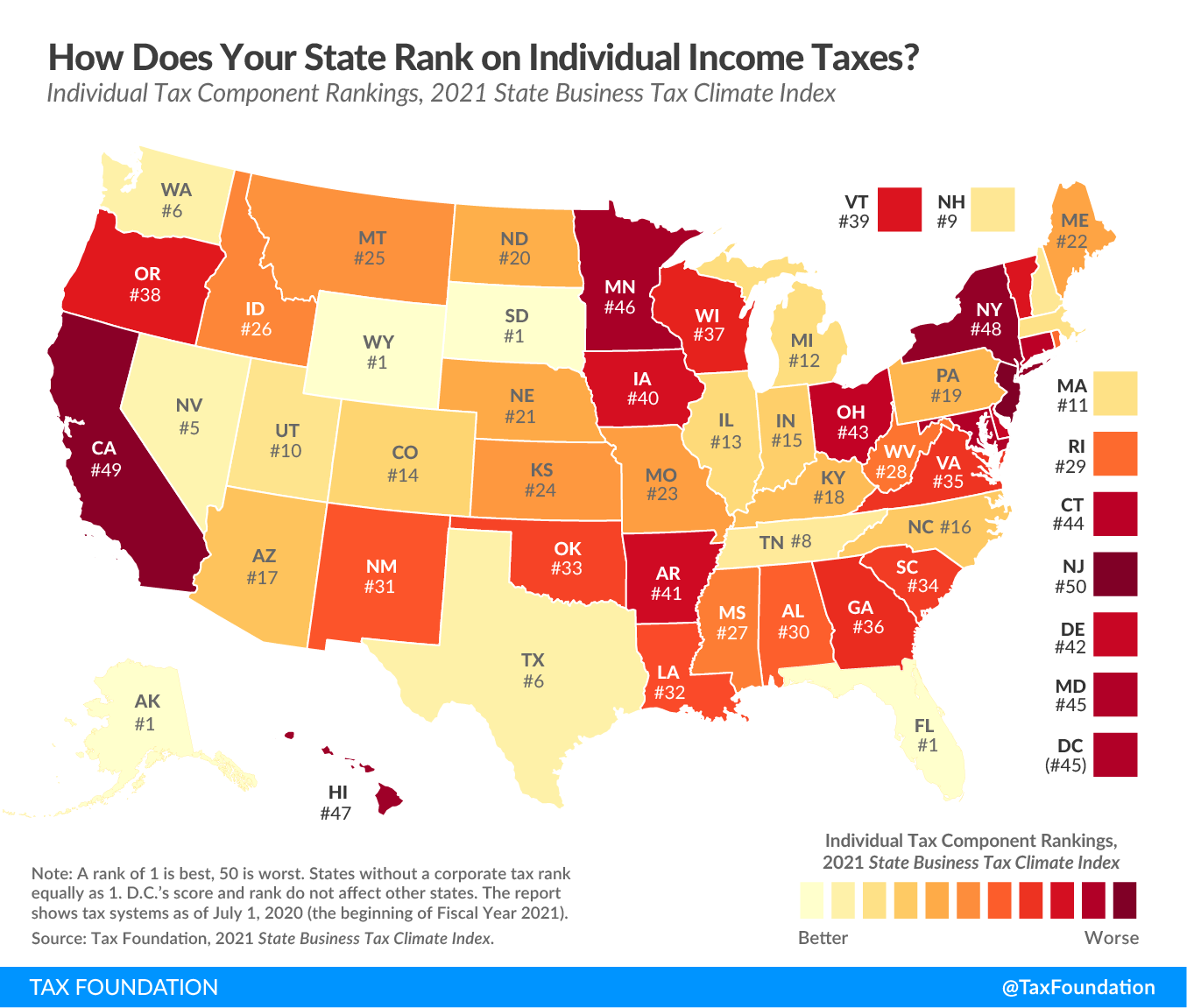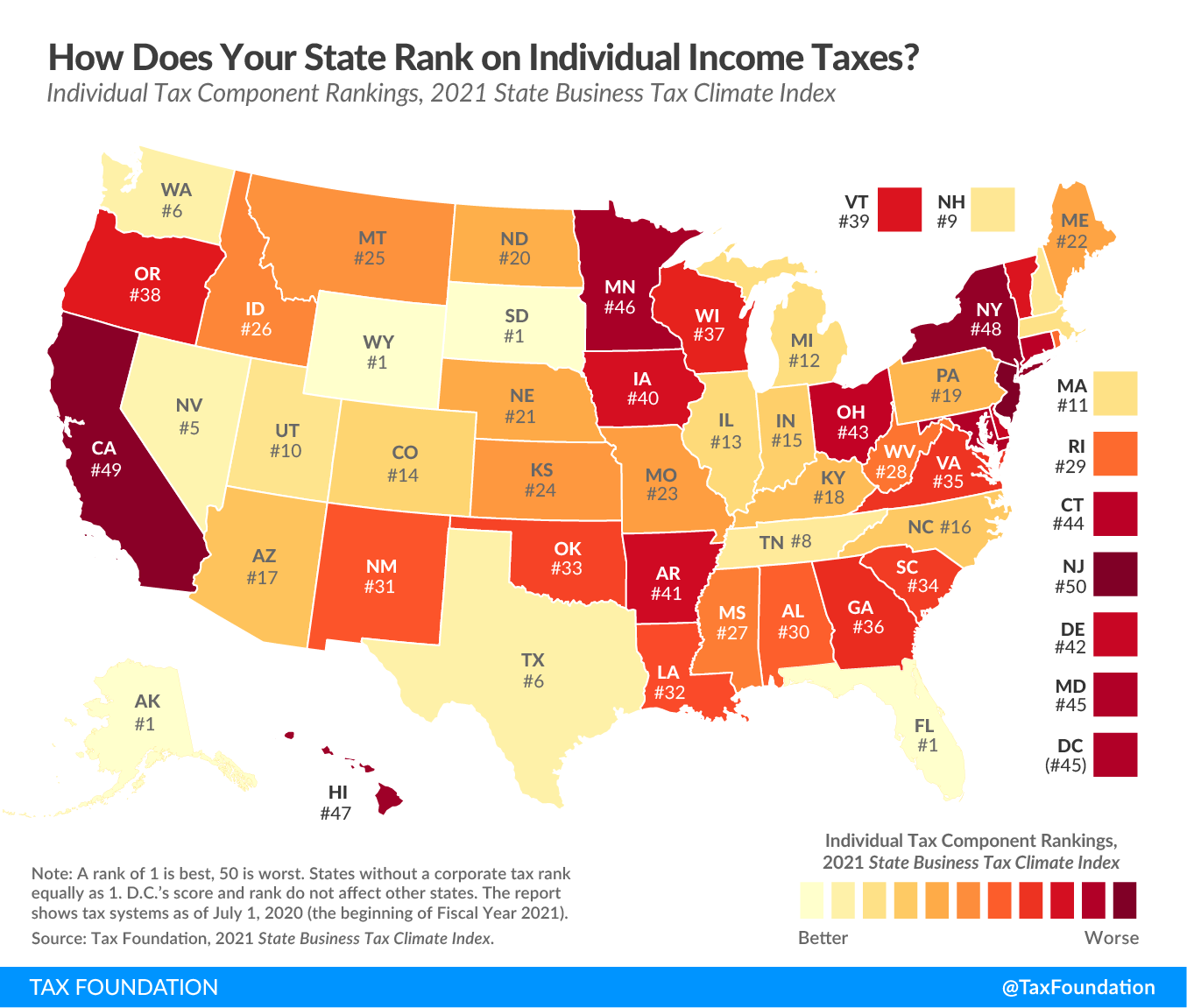## Is the House Always Winning? How High Sports Betting Taxes Could Blow Up the Legal Market Imagine placing a bet on your favorite team, the thrill of the game, and the potential for a big payout. But what if, before you even see a dime, a hefty chunk of your winnings disappears into the government’s coffers? That’s the reality facing sports bettors in some states, where sky-high taxes are threatening to stifle the burgeoning legal market. The Tax Foundation, a leading think tank, warns that these exorbitant levies could drive consumers back to the unregulated black market and ultimately hurt the very states trying to capitalize on this lucrative industry. We delve into the complex world of sports betting taxes, exploring the potential consequences for both consumers and the future of legalized wagering.
Counterarguments: Why a Drastic Increase Would Harm Legal Markets and Consumer Choice

A recent call to increase the federal tax on sports wagers fails to fully consider how doing so would substantially change the sports betting landscape. Legal sports wagers are subject to a federal tax of 0.25 percent of the sports betting handle. This tax has been in place since 1951, with the primary goal of combatting organized crime and illegal gambling. However, the tax has undergone significant changes over the years, with Congress progressively lowering the tax rate from 10 percent to its current rate of 0.25 percent.
The Bipartisan Policy Center has recommended increasing the tax rate from 0.25 percent to 5 percent—a 1,900 percent tax hike. This reform has dual motivations, similar to most excise taxes. A higher tax rate would disincentivize some sports gambling, thus reducing perceived societal harms from the activity, and it could generate additional revenue, possibly included as part of a broader federal tax reform bill.
However, such a drastic tax increase on legal gambling would hinder or even reverse the recent trend of shifting consumers into safer, legal betting markets. A closer analysis of the data suggests that significantly increasing the 0.25 percent handle tax would force sportsbooks to consider different legal ways to offer their sports betting products to consumers.

The Inevitability of Price Increases and Reduced Betting Options
The increased tax burden would inevitably lead to higher prices for consumers, reducing their incentive to bet on sports. Sportsbooks would need to pass on the increased tax costs to consumers, either by increasing the vig (the commission charged on bets) or by reducing the number of betting options available.
This would have a significant impact on the sports betting industry, particularly for smaller operators who may not be able to absorb the increased tax burden. It could also lead to a reduction in the number of sportsbooks operating in the US, further reducing consumer choice and competition.

Incentivizing the Black Market: The Risk of Driving Consumers Back to Illegal Wagers
The increased tax burden could also incentivize consumers to return to the black market, where taxes are non-existent. This would undermine the efforts of states to regulate and tax sports betting, potentially leading to a decline in tax revenue and an increase in illicit activity.
The black market is often associated with organized crime and other illicit activities, and increasing the tax burden on legal sportsbooks could inadvertently drive consumers back to these unregulated and untaxed operators.
Innovation Under Pressure: How Sportsbooks Might Adapt to a Higher Tax Burden
However, sportsbooks may not simply accept the increased tax burden without resistance. They may explore alternative revenue streams, such as loyalty programs, affiliate marketing, or other innovative strategies to offset the increased tax costs.
They may also consider reducing their tax liability by optimizing their operations, such as by reducing their advertising expenses or by negotiating better deals with suppliers.
Ultimately, the sports betting industry is highly competitive, and sportsbooks will likely find ways to adapt to the increased tax burden and remain profitable.
Exploring Alternatives: Tax Policy Options that Balance Revenue and Consumer Interests
Instead of a drastic tax increase, the federal government could explore alternative tax policy options that balance revenue and consumer interests. One potential option is to introduce a tiered tax system, where sportsbooks with lower tax liabilities are taxed at a lower rate.
This would incentivize sportsbooks to optimize their operations and reduce their tax liability, while also providing a more equitable tax structure that recognizes the varying costs of different sportsbooks.
Another option is to introduce a tax credit for sportsbooks that invest in responsible gaming initiatives, such as problem gambling prevention programs or education campaigns.
This would provide a financial incentive for sportsbooks to prioritize responsible gaming practices, which would ultimately benefit both the industry and consumers.
The Importance of Transparency and Data in Shaping Sports Betting Tax Policy
Ultimately, the development of effective sports betting tax policy requires transparency and data. The federal government should work closely with the sports betting industry to gather data on tax revenue, consumer behavior, and industry trends.
This data should be used to inform tax policy decisions, ensuring that the tax system is fair, efficient, and effective in generating revenue while also promoting responsible gaming practices.
By working together, the federal government and the sports betting industry can develop a tax system that balances revenue and consumer interests, ensuring the long-term success and growth of the industry.
The Practical Impact: How a Tax Hike Would Affect Sportsbooks and Consumers
Passing the Costs: The Inevitability of Price Increases and Reduced Betting Options
The increased tax burden would inevitably lead to higher prices for consumers, reducing their incentive to bet on sports. Sportsbooks would need to pass on the increased tax costs to consumers, either by increasing the vig or by reducing the number of betting options available.
This would have a significant impact on the sports betting industry, particularly for smaller operators who may not be able to absorb the increased tax burden. It could also lead to a reduction in the number of sportsbooks operating in the US, further reducing consumer choice and competition.
Incentivizing the Black Market: The Risk of Driving Consumers Back to Illegal Wagers
The increased tax burden could also incentivize consumers to return to the black market, where taxes are non-existent. This would undermine the efforts of states to regulate and tax sports betting, potentially leading to a decline in tax revenue and an increase in illicit activity.
The black market is often associated with organized crime and other illicit activities, and increasing the tax burden on legal sportsbooks could inadvertently drive consumers back to these unregulated and untaxed operators.
Innovation Under Pressure: How Sportsbooks Might Adapt to a Higher Tax Burden
However, sportsbooks may not simply accept the increased tax burden without resistance. They may explore alternative revenue streams, such as loyalty programs, affiliate marketing, or other innovative strategies to offset the increased tax costs.
They may also consider reducing their tax liability by optimizing their operations, such as by reducing their advertising expenses or by negotiating better deals with suppliers.
Ultimately, the sports betting industry is highly competitive, and sportsbooks will likely find ways to adapt to the increased tax burden and remain profitable.
Looking Ahead: A Call for Careful Consideration and Data-Driven Policy
As the sports betting industry continues to grow and evolve, it is essential that policymakers take a careful and data-driven approach to tax policy. This will ensure that the tax system is fair, efficient, and effective in generating revenue while also promoting responsible gaming practices.
The federal government should work closely with the sports betting industry to gather data on tax revenue, consumer behavior, and industry trends. This data should be used to inform tax policy decisions, ensuring that the tax system is balanced and equitable.
By working together, the federal government and the sports betting industry can develop a tax system that promotes the growth and development of the industry, while also protecting the interests of consumers.
The Importance of Transparency and Data in Shaping Sports Betting Tax Policy
Transparency and data are essential for developing effective sports betting tax policy. The federal government should work closely with the sports betting industry to gather data on tax revenue, consumer behavior, and industry trends.
This data should be used to inform tax policy decisions, ensuring that the tax system is fair, efficient, and effective in generating revenue while also promoting responsible gaming practices.
By prioritizing transparency and data, policymakers can develop a tax system that is balanced and equitable, promoting the growth and development of the sports betting industry.
Conclusion
The Tax Foundation’s warning about exorbitant sports betting taxes carries significant weight, highlighting a potential pitfall in the burgeoning legal sports betting landscape. The report clearly demonstrates that excessively high tax rates can stifle market growth, deter both operators and consumers, and ultimately drive bettors back to the unregulated, underground market. This, in turn, would undermine the very goals that legalization sought to achieve – increased tax revenue, consumer protection, and the elimination of criminal activity. The future of legal sports betting hinges on striking a delicate balance. While governments understandably seek to generate revenue from this new industry, excessive taxation risks backfiring spectacularly. Moving forward, policymakers must carefully consider the long-term consequences of their tax policies, prioritizing sustainable growth and consumer welfare over short-term gains. The lessons learned from the Tax Foundation’s analysis offer crucial guidance: a measured approach to taxation is essential to ensure the success and integrity of the legal sports betting market. The choice is clear: embrace a balanced approach that fosters a thriving legal industry, or risk watching as the black market reasserts its dominance. The future of sports betting, and the potential it holds for both consumers and governments, hangs in the balance.

